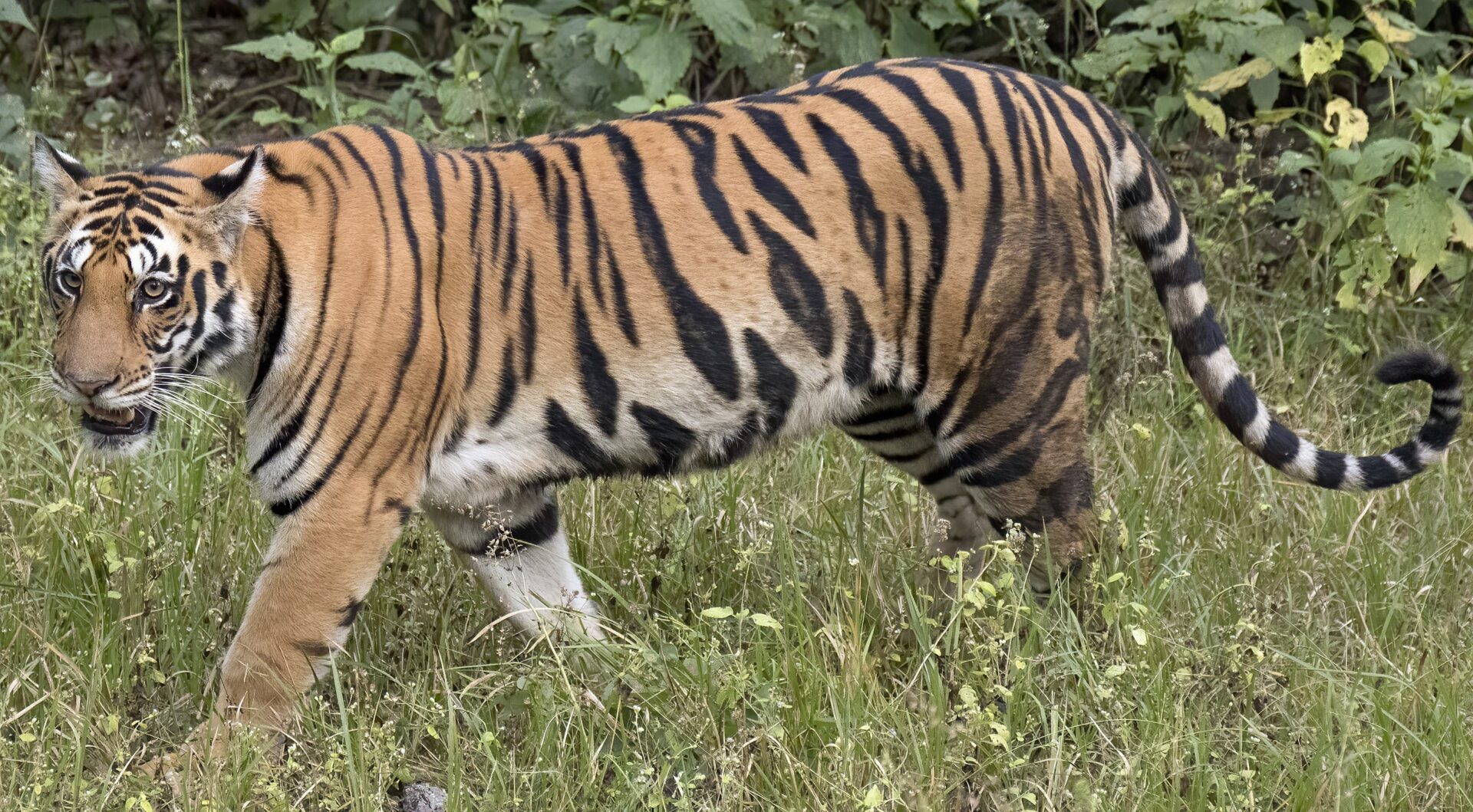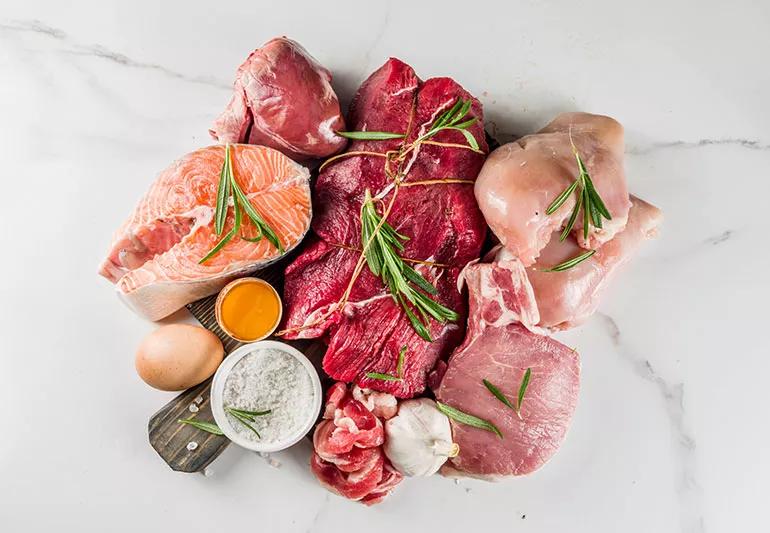For anyone who's been on a Carnivore (Zero Carb) Diet or the beef-only version of this, the Lion Diet, for an extended period of time, what are your BUN/ Creatinine Ratio and LDL cholesterol levels?
A high B/C Ratio (> 20:1) can be a strong indicator that you are not getting sufficient blood flow to your kidneys. This can lead to acute renal failure, congestive heart failure, dehydration or gastro-intestinal bleeding.
Note that cats will nearly always develop kidney issues as they get older. For humans on a Lion/ Carnivore Diet, this can happen a lot sooner.
These diets sound like very extreme fad diets that can result in a myriad of health issues if continued for an extended period of time -- months or years. In addition to CVD, kidney failure and the other issues mentioned, there's a strong risk of liver disease, colon cancer, gout and constipation (from the lack of fiber). With a lack of fruits & veggies, the body will likely receive inadequate vitamins and micronutrients.
In addition to the personal health risks mentioned, a widespread adoption of these diets will undoubtedly lead to an increase in greenhouse gases / climate change.
Cats and dogs both get kidney and liver issues. Their diets tend to be rather high in protein, and often cholesterol(especially for canned animal food).
The problem with meat diets is the cholesterol intake can be quite a bit higher than what we've evolved to handle.
Yes, you will get a lot of protein, salts and nutrients, but you will also get a good deal of fat and cholesterol. Fat combined with cholesterol is often what causes problems with your arteries/LDL levels. So, leaner cuts, no frying, no high fat burgers, no lard, no sausage or Pâté(where the cholesterol can be sky high) etc etc, can be rather healthy in small amounts.
But getting it in large amounts means your kidneys and liver have to work harder. So check your LDL before and after to see how it affects you.
As far as tennis is concerned, you'll notice that many pros are vegetarians, or if they eat meat, it is mostly fish. If it is pork or beef, it is in very small amounts. There is a reason nearly all athletes have a 'cheat day' - they avoid junk food most other days. I am not saying we all have to be this way, but if they can live on a non or low meat diet, anyone can. So, it's probably better to consult your doctor or dietician to see how your bloods are and how your diet is handling you.
Most people enjoy these fad diets because it lets them eat what they want to eat. In this case, be aware you are not really dieting. What you are doing is eating.
In other words, if you find a diet that makes you think, 'That sounds great!', it often means it is not a healthy diet.
Eating out? It's gonna get worse -
A typical serving of meat where the USDA judges cholesterol is 3.5 ounce, or about 99 grams. When you go out, most servings will be 2-4X that.
As someone who has worked in the restaurant industry and still works with a wedding catering friend on occasion, be aware that if you go out to eat and have chicken, that often it can taste great brined and simply seasoned and cooked in vegetable oils and covered for part of it's cooking and mixed with corn starch to keep it juicy.
Beef, on the other hand, usually requires more fat than chicken to be palatable when you are dining out. Restaurants will use or mix in cheap high fat cuts with their meat to make them more savoury and easily chewed in dishes where it is sliced or cut like Chinese, Italian, in pastries or pies, or in Stroganoffs or bourguignons - especially if they mainly use cheaper cuts. Also, the lard itself will be used to make the sauces(and geziz does it make the sauces taste great), but it jumps those cholesterol levels sky high if your body has to process it.
If you are having a steak, they can't cheat it with starches like they can chicken(unless you really want the cholesterol wagon a chicken fried steak is), it will be buttered(which has more than twice the cholesterol by weight than beef has), often larded or au jus'd, and it will be a well-marbled cut unless you ask for it to be cooked well done(at which point, you are guaranteed to get the worst/leanest cut of beef they have). If you do ask for well done, you absolute monster, it will be drowned in butter to make it palatable - often times it will be draped in some au jus, too(which means more lard).
Bon chance.


